-
 bitcoin
bitcoin $87959.907984 USD
1.34% -
 ethereum
ethereum $2920.497338 USD
3.04% -
 tether
tether $0.999775 USD
0.00% -
 xrp
xrp $2.237324 USD
8.12% -
 bnb
bnb $860.243768 USD
0.90% -
 solana
solana $138.089498 USD
5.43% -
 usd-coin
usd-coin $0.999807 USD
0.01% -
 tron
tron $0.272801 USD
-1.53% -
 dogecoin
dogecoin $0.150904 USD
2.96% -
 cardano
cardano $0.421635 USD
1.97% -
 hyperliquid
hyperliquid $32.152445 USD
2.23% -
 bitcoin-cash
bitcoin-cash $533.301069 USD
-1.94% -
 chainlink
chainlink $12.953417 USD
2.68% -
 unus-sed-leo
unus-sed-leo $9.535951 USD
0.73% -
 zcash
zcash $521.483386 USD
-2.87%
How to short Binance leverage trading
Shorting on Binance involves borrowing crypto assets, selling them at the current price, and repurchasing them later at a lower price, profiting from the asset's price decline.
Nov 15, 2024 at 09:32 pm
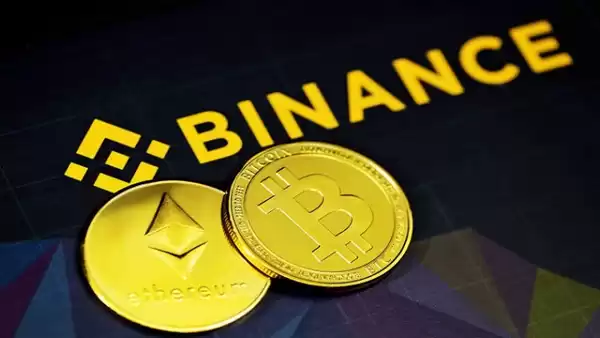
In traditional trading, shorting involves borrowing an asset, selling it at the current market price, and repurchasing it later at a lower price to return it to the lender. In crypto trading, shorting works similarly but involves borrowing crypto assets from an exchange or a lender and selling them. The trader profits if the asset's price falls, enabling them to buy it back cheaper and return it.
Step 2: Choosing a Crypto Exchange with Leverage TradingNumerous exchanges offer leverage trading, which allows traders to amplify their trading positions by borrowing funds. Binance is one such exchange that provides leverage trading for various crypto assets. Other reputable exchanges include Bybit, Coinbase Pro, and OKX.
Step 3: Funding Your AccountTo trade on Binance, you must first fund your account with either fiat currency or crypto assets. Binance supports various payment methods, including bank transfers, credit cards, and crypto deposits.
Step 4: Enabling Margin TradingBinance's leverage trading requires you to enable Margin Trading in your account settings. Once enabled, you can access margin pairs and set your desired leverage level.
Step 5: Finding a Short OpportunityTo identify a suitable shorting opportunity, conduct thorough market analysis to assess the asset's price trend and identify potential declines. Technical analysis tools, such as price charts and indicators, can help you gauge market sentiment and make informed decisions.
Step 6: Shorting on BinanceOnce you have identified a shorting opportunity, place a sell order in the margin trading interface. Binance allows you to set the order type, quantity, and leverage multiplier. Carefully consider the risk associated with the position and choose a leverage multiplier that is appropriate for your risk tolerance and account balance.
Step 7: Managing Your Short PositionAfter executing your short sale, monitor the market closely. If the asset's price moves against you, you will need to adjust your position accordingly to mitigate losses. You can do this by setting stop-loss orders or adjusting the leverage multiplier.
Step 8: Closing Your Short PositionTo close your short position, enter a buy order at a lower price than the initial sell order. The profit or loss on your trade is determined by the difference between the sell and buy prices, adjusted for the leverage multiplier.
Disclaimer:info@kdj.com
The information provided is not trading advice. kdj.com does not assume any responsibility for any investments made based on the information provided in this article. Cryptocurrencies are highly volatile and it is highly recommended that you invest with caution after thorough research!
If you believe that the content used on this website infringes your copyright, please contact us immediately (info@kdj.com) and we will delete it promptly.
- Exaverse Roars into the Roguelike Scene: A Dinosaur Adventure Awaits!
- 2026-02-05 00:30:01
- Big Apple Bites: AI Forecasts Staggering Ethereum Price Record as Market Navigates Volatile Waters
- 2026-02-05 01:10:02
- Unlock Your Edge: The Ultimate Guide to MEXC Referral Code, USDT Bonus, and Fee Discounts
- 2026-02-05 01:00:02
- Navigating the New York Minute: Crypto Exchange Fees in 2026, Globally Unpacked
- 2026-02-05 01:05:02
- Bitcoin's Technical Analyst Warns of Potential Price Drop Amid Market Jitters
- 2026-02-05 01:00:02
- Big Apple Crunch: Bitcoin Mining Faces Profit Crisis as Block Time Spikes and the Difficulty Dial Gets a Hard Reset
- 2026-02-05 00:50:02
Related knowledge

How to Manage Emotions and "Revenge Trading" in Futures?
Feb 05,2026 at 12:19am
Understanding Emotional Triggers in Futures Markets1. Market volatility directly impacts psychological states, often amplifying fear or euphoria based...
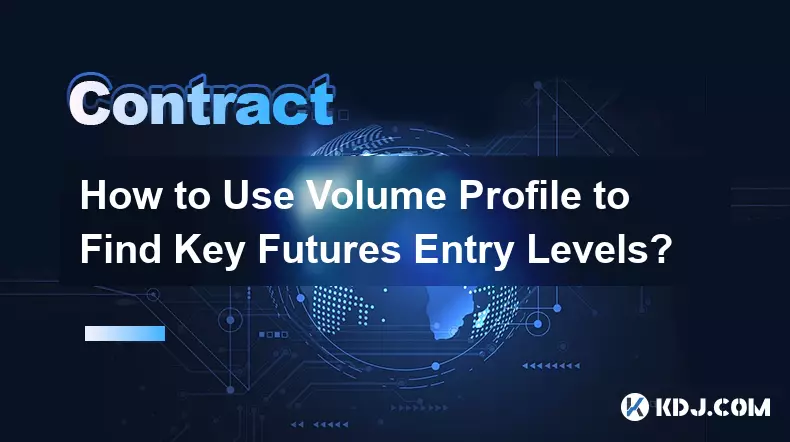
How to Use Volume Profile to Find Key Futures Entry Levels?
Feb 04,2026 at 11:39pm
Understanding Volume Profile Structure1. Volume Profile displays the distribution of traded volume at specific price levels over a defined time period...
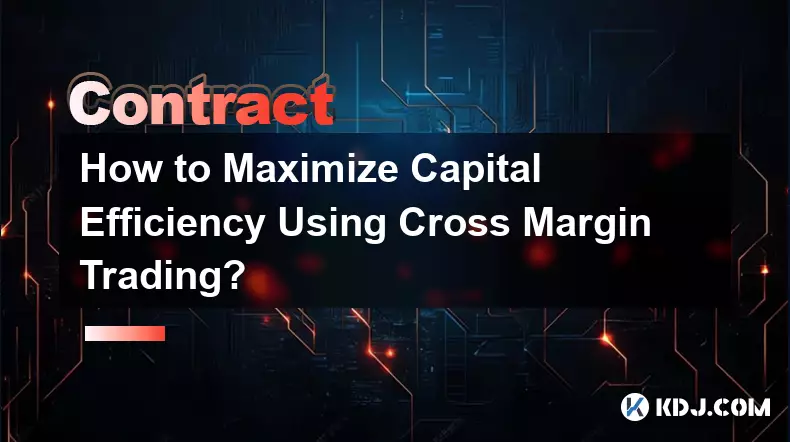
How to Maximize Capital Efficiency Using Cross Margin Trading?
Feb 05,2026 at 12:40am
Cross Margin Trading Fundamentals1. Cross margin trading allows traders to use their entire account balance as collateral for open positions across mu...
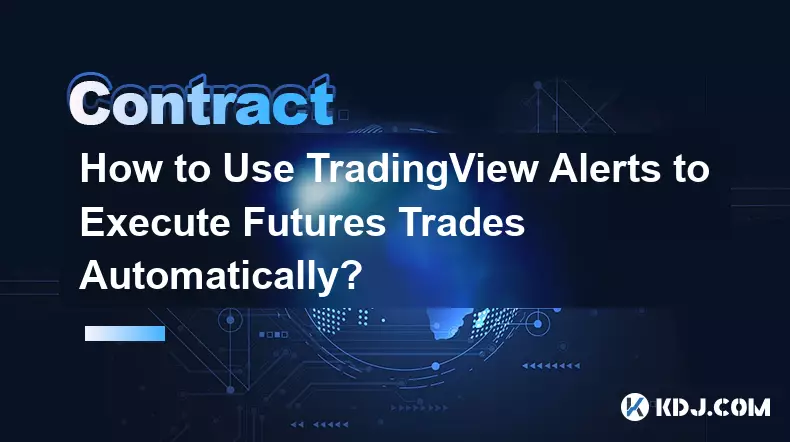
How to Use TradingView Alerts to Execute Futures Trades Automatically?
Feb 04,2026 at 09:00pm
Setting Up TradingView Alerts for Futures Contracts1. Log into your TradingView account and open the chart of the desired futures instrument—such as B...
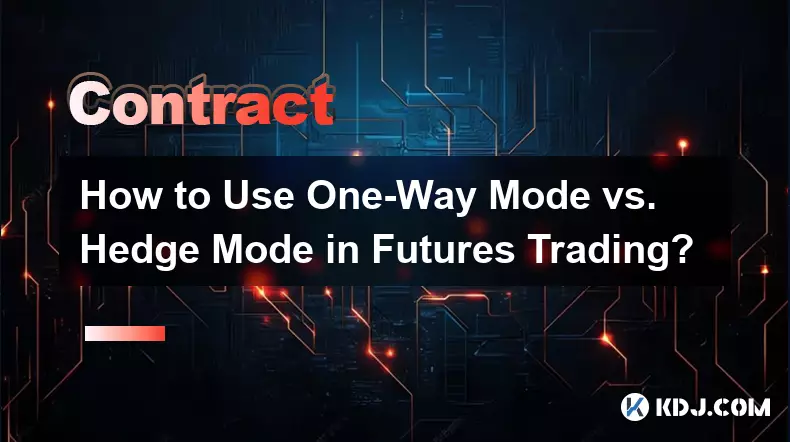
How to Use One-Way Mode vs. Hedge Mode in Futures Trading?
Feb 04,2026 at 06:19pm
Understanding One-Way Mode1. One-way mode establishes a single position direction per asset—either long or short—at any given time. 2. Traders cannot ...
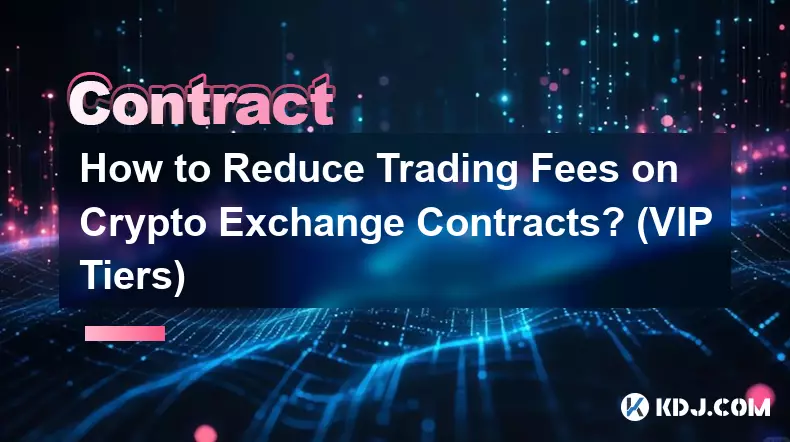
How to Reduce Trading Fees on Crypto Exchange Contracts? (VIP Tiers)
Feb 04,2026 at 10:20pm
VIP Tier Structure and Eligibility Criteria1. Each major crypto exchange implements a tiered VIP system where users qualify based on their 30-day cumu...

How to Manage Emotions and "Revenge Trading" in Futures?
Feb 05,2026 at 12:19am
Understanding Emotional Triggers in Futures Markets1. Market volatility directly impacts psychological states, often amplifying fear or euphoria based...

How to Use Volume Profile to Find Key Futures Entry Levels?
Feb 04,2026 at 11:39pm
Understanding Volume Profile Structure1. Volume Profile displays the distribution of traded volume at specific price levels over a defined time period...

How to Maximize Capital Efficiency Using Cross Margin Trading?
Feb 05,2026 at 12:40am
Cross Margin Trading Fundamentals1. Cross margin trading allows traders to use their entire account balance as collateral for open positions across mu...

How to Use TradingView Alerts to Execute Futures Trades Automatically?
Feb 04,2026 at 09:00pm
Setting Up TradingView Alerts for Futures Contracts1. Log into your TradingView account and open the chart of the desired futures instrument—such as B...

How to Use One-Way Mode vs. Hedge Mode in Futures Trading?
Feb 04,2026 at 06:19pm
Understanding One-Way Mode1. One-way mode establishes a single position direction per asset—either long or short—at any given time. 2. Traders cannot ...

How to Reduce Trading Fees on Crypto Exchange Contracts? (VIP Tiers)
Feb 04,2026 at 10:20pm
VIP Tier Structure and Eligibility Criteria1. Each major crypto exchange implements a tiered VIP system where users qualify based on their 30-day cumu...
See all articles










































































